10 HBO shows that were canceled too soon
The network should have given them more time...
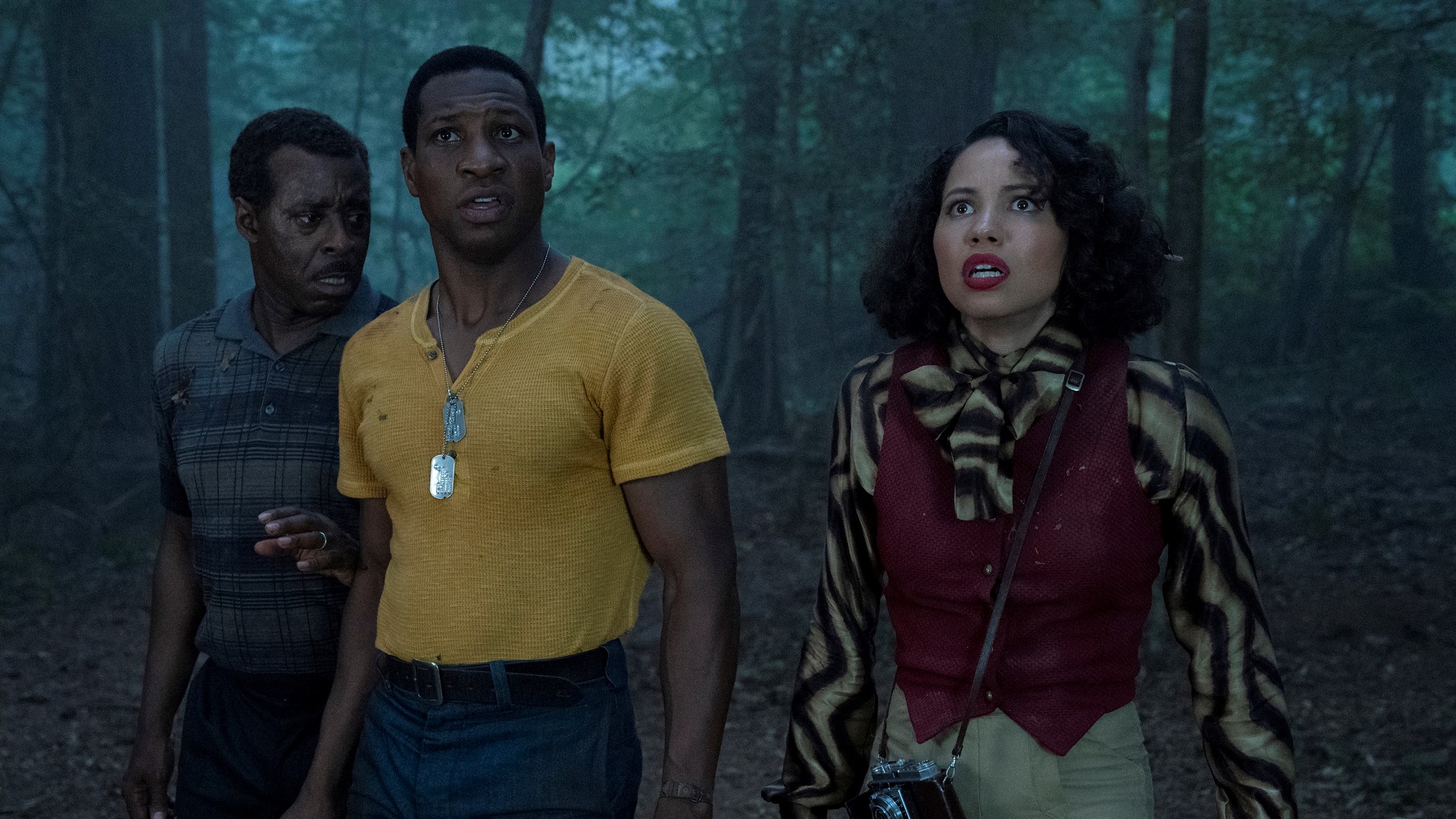
Sign up for breaking news, reviews, opinion, top tech deals, and more.
You are now subscribed
Your newsletter sign-up was successful
The daddy of the subscription TV model, HBO has produced some of the most acclaimed and most zeitgeist-defining TV shows in the history of the small screen and has been defining and redefining what's possible for television since its foundation in 1972.
HBO practically invented prestige television with the likes of The Wire, The Sopranos and Six Feet Under, revolutionized the comedy world with hits such as Sex and the City, Kids in the Hall and Girls and cornered the big budget miniseries market thanks to Band of Brothers, Angels in America and The Young Pope.
But its contribution to the TV landscape could have been even more significant if it hadn’t been so trigger-happy. Indeed, although HBO doesn’t appear to be as ruthless as its younger upstart Netflix – it gave the obnoxious Entourage seven seasons after all, and even the truly impenetrable Treme got three – the network has occasionally called time on shows that were only just hitting it stride.
And while the channel that’s made a quick burst of static a hallmark of quality television has given various unfairly-cancelled shows a brief reprieve over the years – see Deadwood: The Movie, a belated second season for The Comeback and upcoming revival of True Detective – there are still several cult classics that have yet to enjoy a much-deserved renaissance. From fashionista dramedies to freak show fables, here are 10 shows that HBO canceled far too soon...
Lovecraft Country
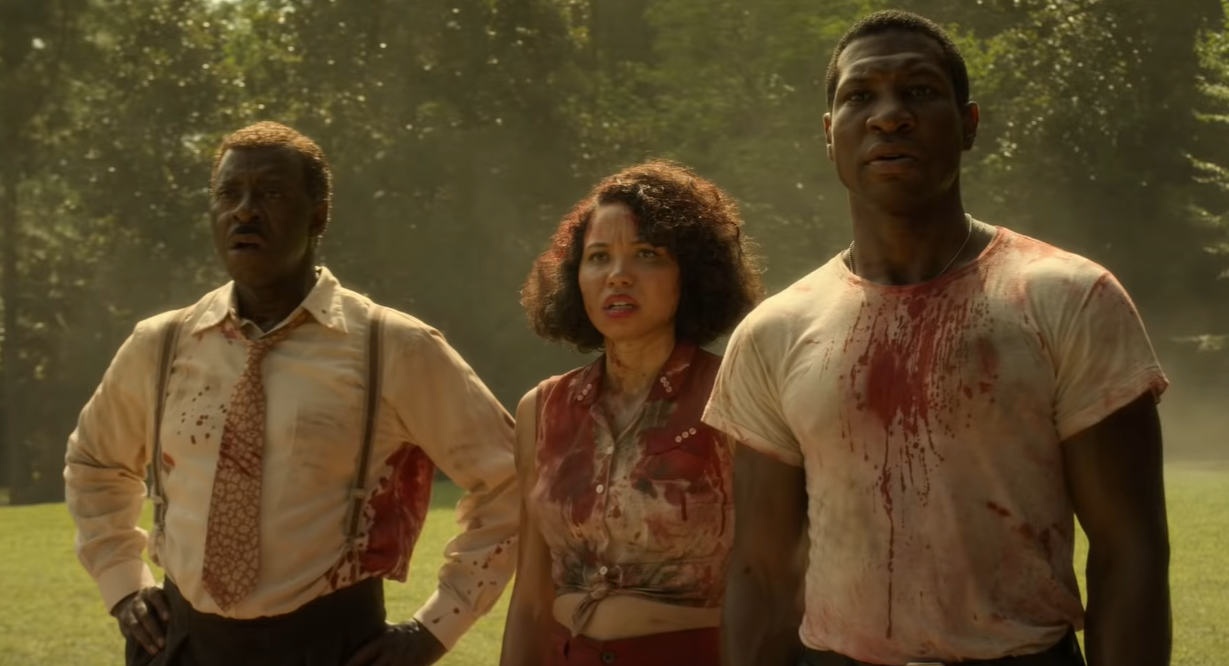
Executive produced by Jordan Peele, Lovecraft Country proved that elevated horror could be just as effective on the small screen. Inspired by both the fictional tales and problematic views of cult author H.P. Lovecraft, the eclectic mix of supernatural scares, science-fiction and social commentary centres on a young African-American’s cross-country journey to find his father.
It’s a mission made all the more impossible by the monsters both metaphorical (white supremacists) and literal (translucent blobs named Shoggoths) he’s forced to battle along the way. The highly inventive examination of America’s shameful mid-‘50s past was all set for a second season until HBO bosses sadly pulled the plug in its development stages.
How to Make it in America
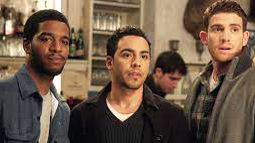
Possibly the most stylish show HBO has put its name to, this two-season wonder follows the fortunes of two entrepreneurs trying to achieve the American Dream via the world of hipster fashion.
Sign up for breaking news, reviews, opinion, top tech deals, and more.
From its vibrant cinematography of the New York streets to its soulful on-the-nose theme tunes (Aloe Blacc’s I Need A Dollar) and photogenic cast that included Kid Cudi, Eddie Kaye Thomas and Lake Bell, everything about How to Make It In America oozes cool. Well, apart from Luis Guzman’s terrifying energy drink impresario/mobster, whose sense of menace ensures that our two jeans-obsessed heroes have more to worry about than sourcing premium denim.
Looking
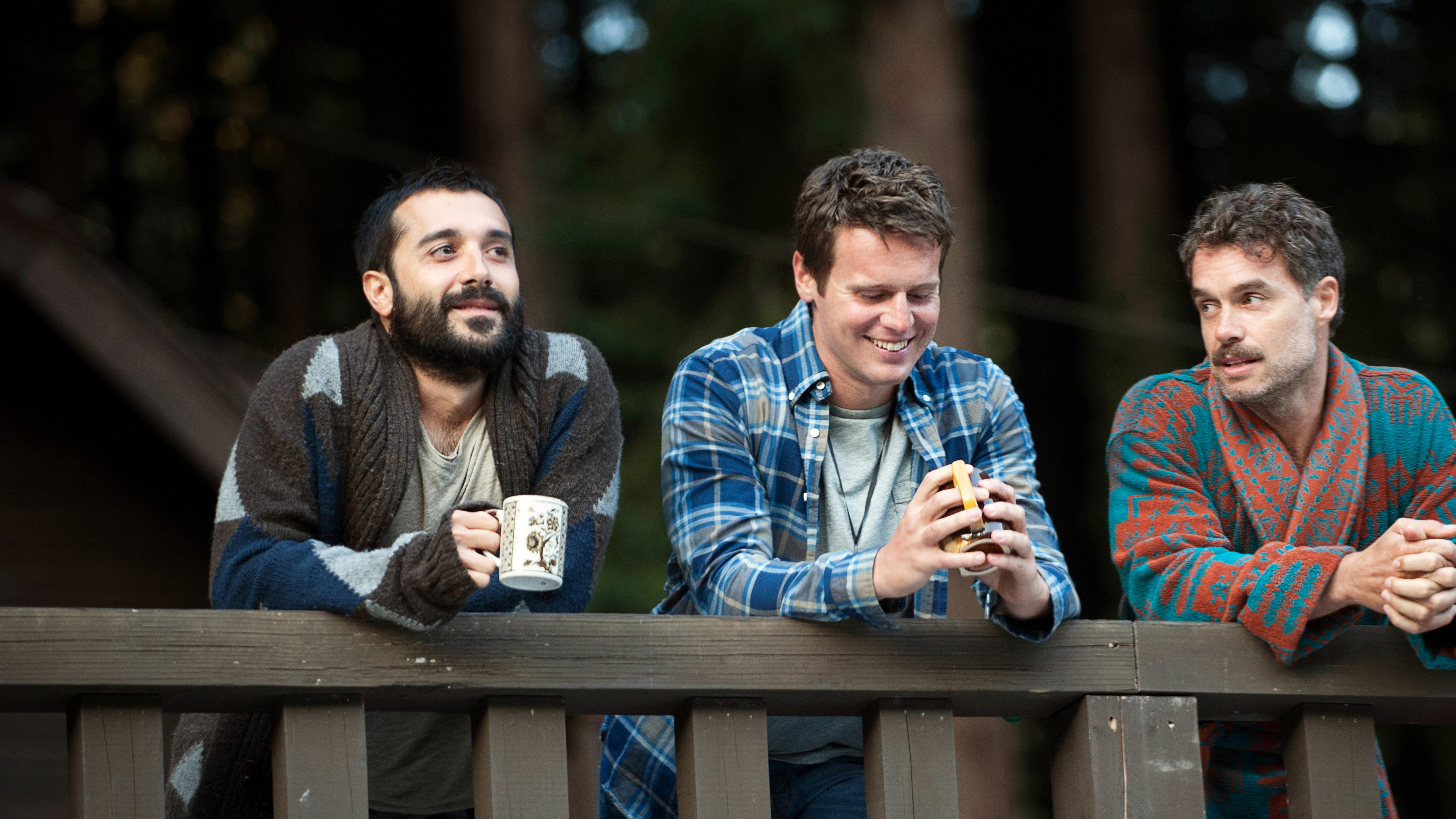
While the trashy American remake of Queer as Folk lasted five seasons (and is getting a 2022 reboot), the far more nuanced and diverse depiction of LGBTQ life was kicked to the kerb after just two (and a TV movie).
Director Andrew Haigh brings the same low-key but highly engaging vibes as his sublime LGTBQ romance Weekend, while an international cast including Glee graduate Jonathan Groff, Brit Russell Tovey and The White Lotus's Murray Bartlett help to flesh out characters far more three-dimensional than the usual stereotypes. It’s a shame that HBO’s first, and still only, queer-centred show wasn’t afforded the same longevity as its hetero counterparts.
Sally4Ever
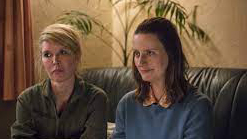
Perhaps we shouldn’t have expected Julia Davis’ 2018 car-crash creation to last that long. Her previous effort (later subjected to a disastrous HBO remake) Camping only managed one season, and even her crowning glory, Nighty Night, ended after two.
Another warped insight into suburban life, Sally4Ever is undoubtedly an acquired taste: its love triangle between Davis’ monster, Catherine Shepherd’s wallflower and Alex Macqueen’s sad sack is the stuff of nightmares, while it contains a defecation scene that would even make John Waters wince. But if you like watching comedy with your fists in your mouth, look no further than this masterclass in cringe humour.
The High Life
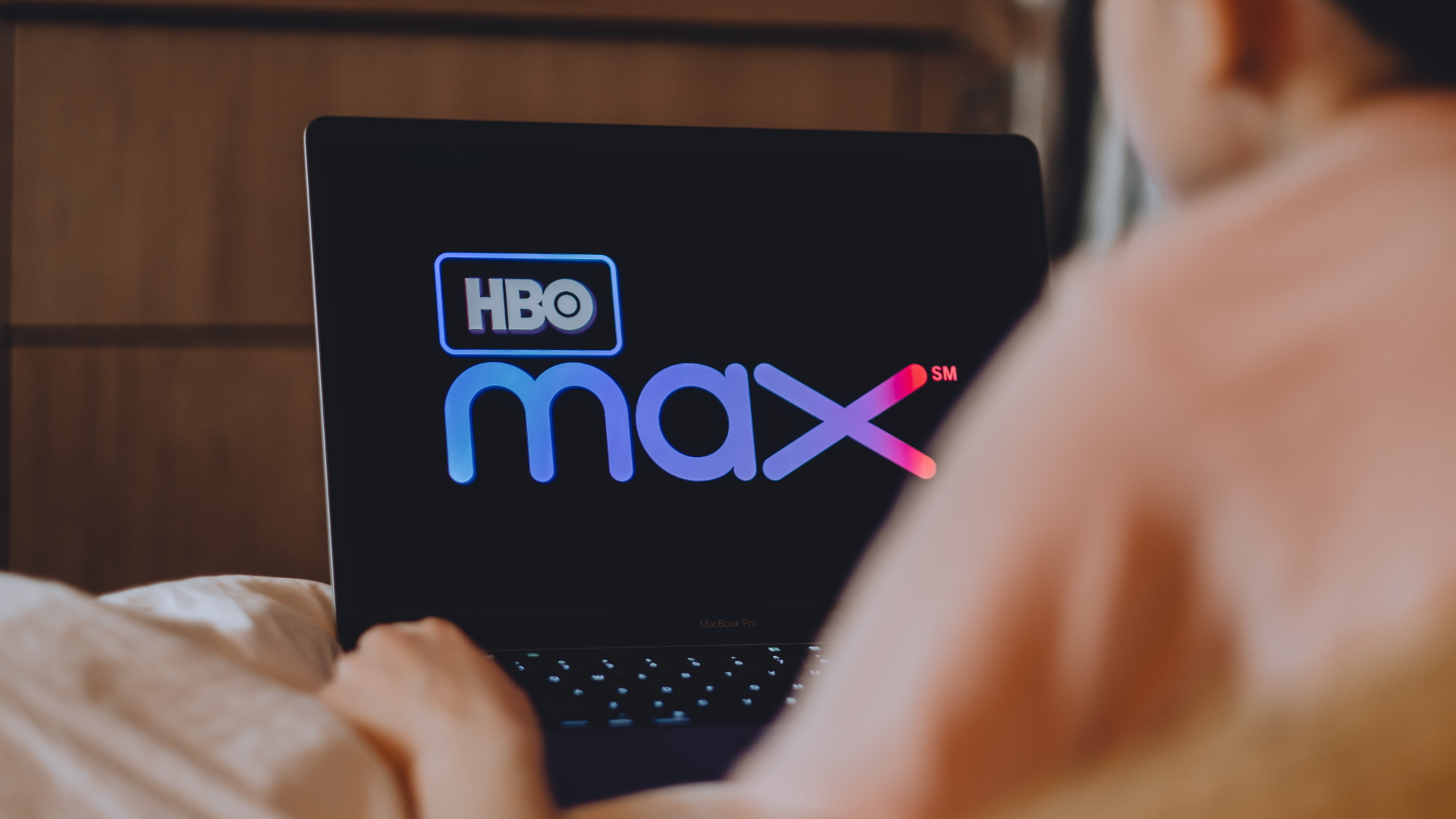
Not to be confused with the camp Alan Cummings vehicle of the same name, The High Life is undeniably the ultimate lost HBO show. In fact, there’s barely any evidence online that it even existed, to the extent that we can't find a useable picture to accompany this entry.
A post-modern spin on the black and white comedies of the post-war era, the noir-ish tale of two Pittsburgh businessmen running a storage company confounded audiences in 1996, resulting in a shortened eight-episode season.
But you could argue that it was simply ahead of its time. Indeed, with its deliberately unlikable protagonists and unashamedly nihilistic streak, the series may well have given the It’s Always Sunny in Philadelphia team some ideas.
Carnivàle
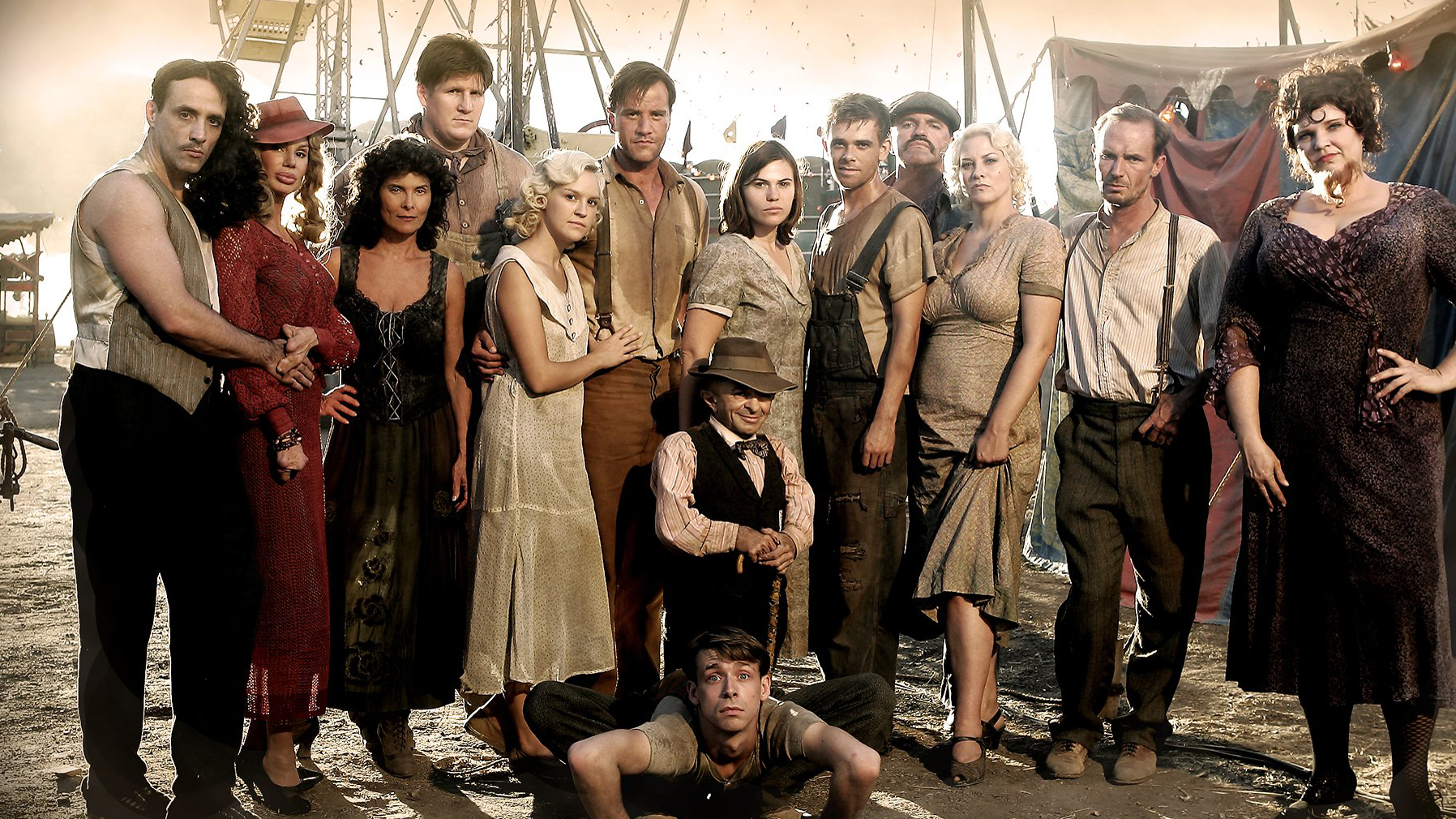
Carnivàle broke HBO viewing records on its 2003 premiere but was cut short after just two of an intended six seasons when ratings fell off a cliff. You could argue that such a weird, complex show was never supposed to draw such a large audience in the first place. It’s a slow-burning surrealist drama set during the Great Depression for one thing, and its Heaven versus Hell narrative drew more from Christianity than comic books.
However, if you stick with its macabre travelling freak show world and you’ll be rewarded with a majestic David Lynch-esque fable which nearly 20 years on still has the power to visually stun.
Enlightened
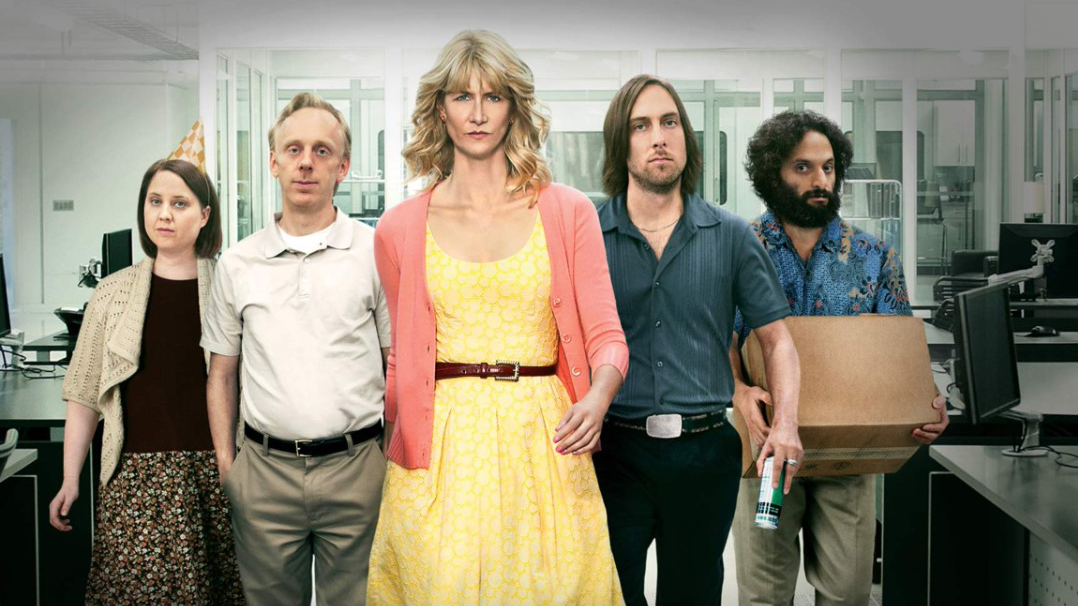
A full decade before brilliantly skewering entitled holidaymakers in The White Lotus, Mike White did the same with corporate America in this wonderfully nuanced blend of workplace satire and mental health drama.
Laura Dern is nothing short of phenomenal as Amy Jellicoe, a former executive demoted to the most drudging office job imaginable after suffering a nervous breakdown.
Of course, the self-confessed ‘agent of change’ isn’t prepared to go down without a fight. Your sympathy towards such an uncomfortably awkward central character will undoubtedly shift throughout her egomaniacal yet strangely moral crusade but you’ll always be utterly compelled.
Vice Principals
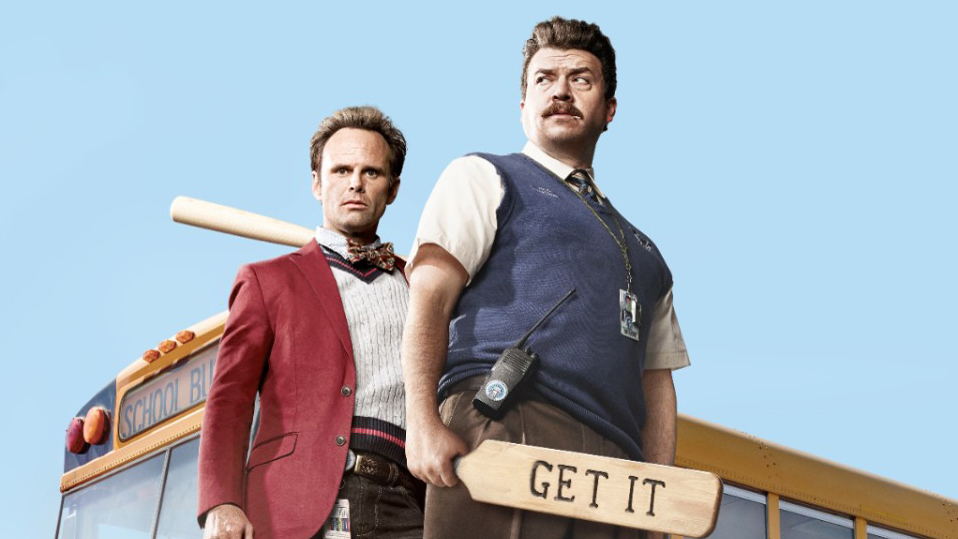
A little Danny McBride can usually go a long, long way. Yet balanced out by the more measured comic talents of co-star Walton Goggins, Vice Principals could easily have sustained at least a few more terms.
The pair play vice principals at the fictional North Jackson High School, with both McBride's Neal Gamby and Goggins' Lee Russell convinced they're a shoo-in for the job when the principal steps down. However when he recommends neither of them and a new principal comes in, the pair team up and attempt to bring down the new principal they believe have stolen what’s rightfully theirs.
The humour may be unashamedly puerile, it’s also wickedly funny, particularly in the superior second and final season helmed by regular McBride cohort David Gordon Green.
Togetherness
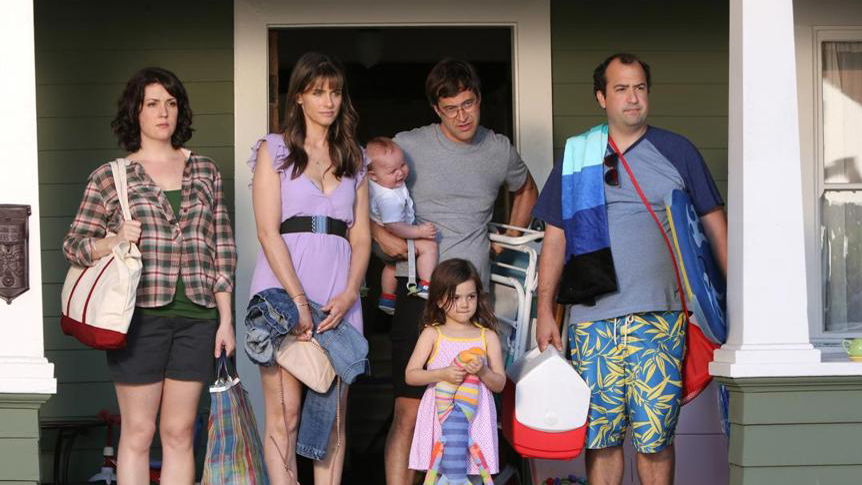
The brainchild of mumblecore favourites Jay and Mark Duplass is one of those rare dramedies that remembers to bring the comedy as well as the drama. The togetherness in its title doesn’t just refer to the latter’s sound editor and his equally dissatisfied wife – played by the highly underrated Melanie Lynskey – but also the offbeat singletons (Amanda Peet and Steve Zissis) they invite to live under the same roof.
The middle-class mid-life crisis is a well-worn theme in the era of prestige TV. Yet thanks to a sharply-observed script which avoids the usual self-indulgent navel-gazing and pitch-perfect performances, you’ll actually be left wanting more than its two seasons.
Rome
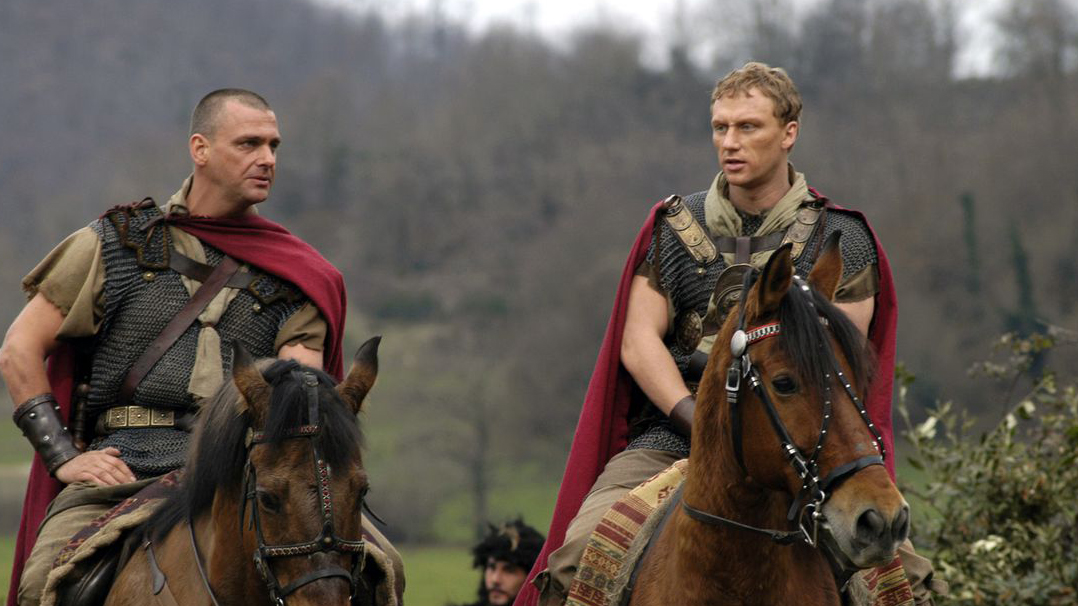
We can’t blame HBO entirely for calling time on their brilliantly bloodthirsty historical epic three seasons early. Co-producers BBC simply couldn’t afford to keep slavishly recreating Ancient Rome for more than two. Luckily, its creators were able to incorporate many of their planned future storylines into their final episodes, although a movie still stuck in development hell was intended to truly wrap things up.
The missing link between the brutality of Gladiator and the political machinations of another HBO favourite, The West Wing, this no-holds-barred depiction of the Roman Empire’s rise and fall remains one of the network’s biggest triumphs.